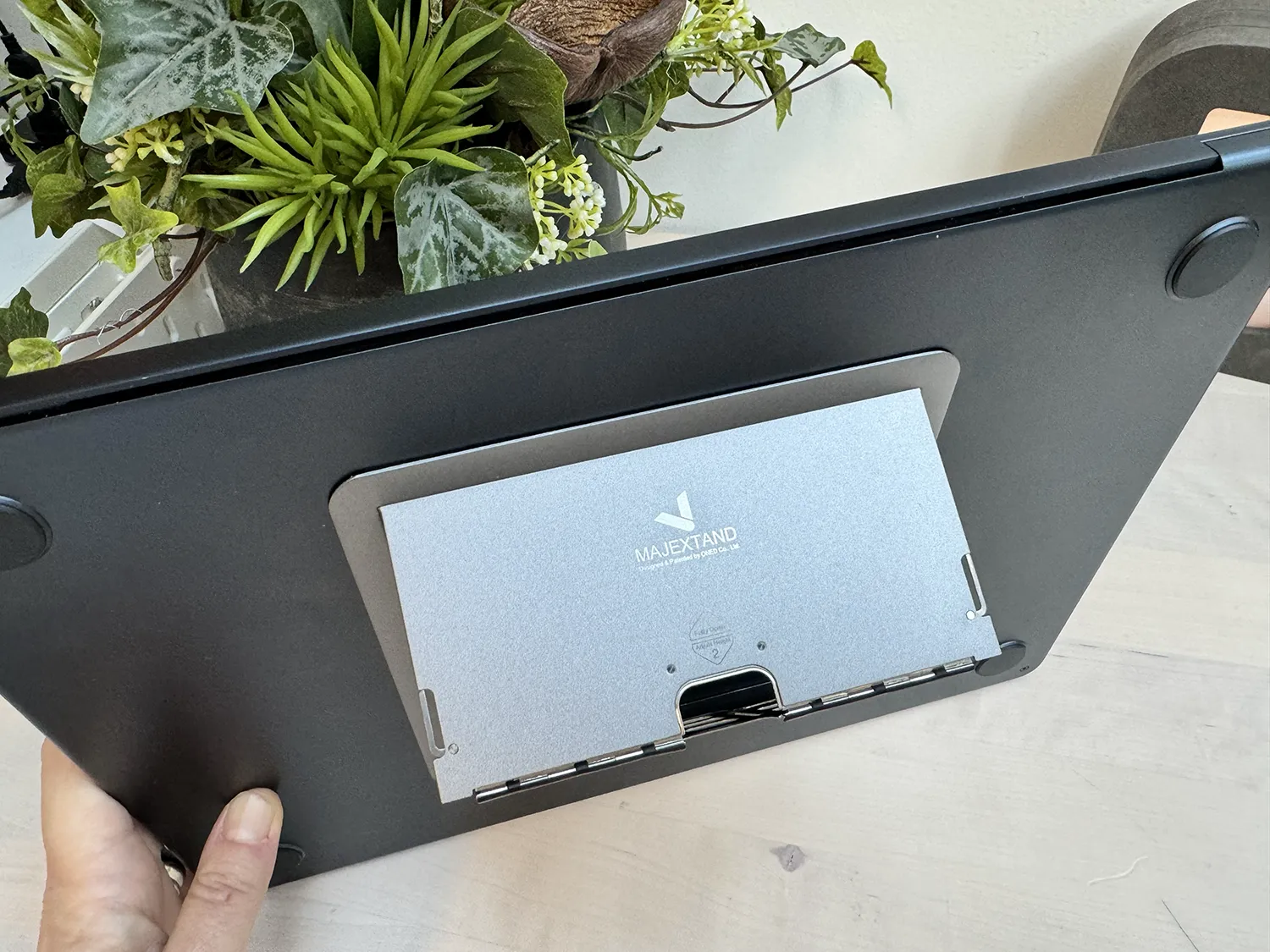In other countries, a trend has begun to be seen that could have a significant impact on the telecommunications sector. This is the possibility of reusing your fiber router when you go to a new operator. But is it possible that this will also happen in our country or will we continue changing routers every time we switch to another provider?
The British have positioned themselves solidly, among other places, in a new trend that remains to be seen what kind of impact it has as time goes by. In particular, the Onestream operator has wanted to transform this decision into one of its last hallmarks. In an effort to be more responsible with the environment and, in the process, help users, the operator allows routers from other entities to be reused.
This is the situation
Even if Onestream sees a near future in which all UK operators collaborate to protect the environment and make everyday life easier for users, it is not as simple as it seems. Many of the large operators in the British market do not seem willing to release their routers and, today, no matter how hard users try, they do not have the opportunity to modify some aspects of their configuration. That means that, even with Onestream’s carte blanche, they would not be able to use their router when contracting the service of this operator.

These are not all cases, but there are a large number. From Onestream they indicate that they have released their routers and mention that they hope their rivals do the same. The problem is that the measure seems too favorable for this operator, which offers an economical service that is obtaining a high volume of portability. They say, according to published statistics, that one in five clients who switch to Onestream make use of the proposal to keep the router they had from their previous operator. It means saving money in the process and at the same time being a little green, which doesn’t hurt either. To achieve this, they need to make a configuration that, from the operator, mentions that it is not complicated.
The British company insists that a general policy be adopted in which the router is not so relevant and that customers can move from one entity to another without changing it. That would rid the world of a significant amount of technological waste, since routers are devices that cannot simply be thrown away, but must be recycled. Statistics also indicate that in most homes there are routers that are not used or that are collecting dust. However, this may not happen as much in Spain, where it is more common for routers to be returned to the operators.
What could happen in Spain?
It’s obvious that the idea sounds good. It would mean that, if this type of philosophy were introduced, we would slightly return to the situation of ADSL times, where it was possible to reuse routers between operators. In any case, today, with fiber, the situation has changed. Now operators use the router in a different way, they do not usually give it to customers as property, but rather they are obtained as part of the service and then must be returned.

If you are aware of the conditions of fiber contracts, you probably already know that there are usually clauses that indicate that, once the contract has ended, the router must be returned. And, if you do not do so, you must assume a penalty for it. In any case, this circumstance does not prevent it from being true that there are people who have routers in their homes that, for one reason or another, they have not returned. On the other hand, even with the current type of distribution, operators could look for a formula in Spain so that this philosophy could be used.
Although, yes, there would be another problem. Some operators have their own technology in their routers and technological systems that are only enabled in their own services. That makes it difficult to imagine using a Movistar Smart WiFi router with a Vodafone connection, for example. Would it be interesting and something worth celebrating? Possibly yes. Does it have a chance of happening in our country? Today, we don’t see it too clearly. But it should not be ruled out entirely either. At the end of the day, let’s think that there are operators that do allow you to use their routers, although not primarily, but taking advantage of them as access points or with other functions. At least, it is a basis on which to continue developing this type of concept.













